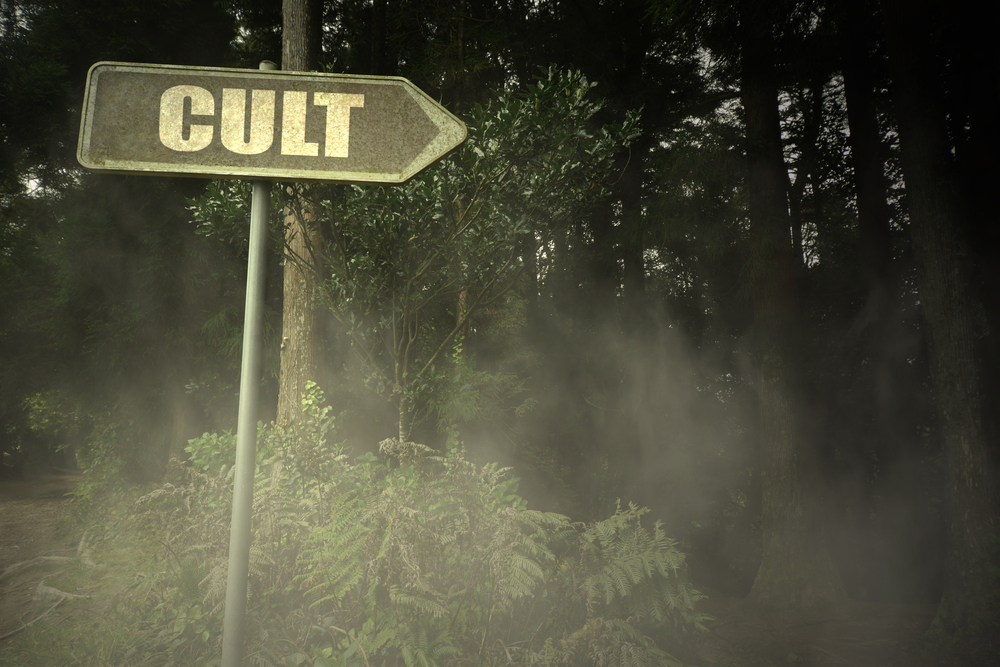January 3, 2009 sparked a new life into the world of payments, contracts, and finance. On that day, Satoshi Nakamoto released the open-source software – Bitcoin. It promised revolution and freedom from third parties -such as banks and governments- as guarantors of capital. Suddenly, an individual was able to bargain, trade, and retain wealth completely by themselves. It was like using cash all the time, but without needing to have a bank and/or government call the cash legitimate.
Such a powerful liberation of individuals and the strongly libertarian, addictive qualities of this new and exciting currency are palpable on early and current forums. Loud tones of the new order of individuals pepper the threads about Bitcoin. It is no wonder why people feel so strongly about either the coin or the creator themselves, Satoshi Nakamoto. Nakamoto breathed life into Bitcoin and cryptocurrencies in general, and thus the communities which have been created since then are in some shape or form in Nakamoto’s name and/or image. Nakamoto is, for the coin and community, somewhat of a god. Its developers are high priests, its miners and hashrates are priests and prayers, and its users worship through the shared rituals of the Ledger.
While I recognize that the block size debate is an extremely complex issue with boundless technical aspects and considerations, I think that this potentially divine nature of Nakamoto plays into the emotionally charged conflict over this issue. “What would Satoshi Do?” is a real consideration for many who have a stake in this debate. Bitcoin Core was founded by Nakamoto, and maintained by Nakamoto until they relinquished control of that to Gavin Andresen. Does this mean that Core is closer to the “truth” that Nakamoto envisioned? Perhaps not.
Bitcoin Classic and Bitcoin Unlimited both cite to varying degrees their interpretation or others’ (mis)interpretation of the “true” vision and roadmap for the coin. Everyone seems to be vying to be closest to the truth set out by Nakamoto in some way or another, either by trying to emulate past ideals or break off and take control of the coin itself -potentially in defiance of what Nakamoto wants-. All of this feels incredibly close to splintering factions of the same religion to me. Is your Nakamoto and my Nakamoto the same one?
In similarly frustrating fashion of more conventional and well-known religion, Nakamoto plays the part now of the god that has left. The creator who has stepped aside from active roles -that we can see- in their creation and view it from the sidelines. Closure is unlikely to come from another “divine” revelation. Not unlike other communities in search of the true nature of themselves, I think it is easy for debates and disagreements to become heated rather quickly. Heathens and heretics are easy to denounce, to ignore, and to vilify.
In no way am I suggesting Bitcoin and its community is a full religion, but I do find some similarities and parallels interesting aspects to look at it. I will say, though, that as long as there are multiple answers to the question “What would Satoshi Do?” without any one group being able to give a definitive answer, it will share that aspect with religions: No one can really know, but everyone can believe themselves correct.
If you liked this article, follow us on Twitter @themerklenews and make sure to subscribe to our newsletter to receive the latest bitcoin, cryptocurrency, and technology news.

